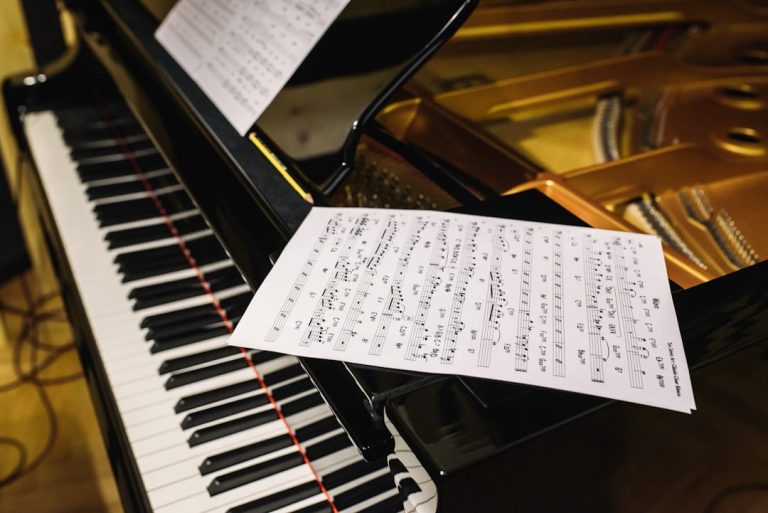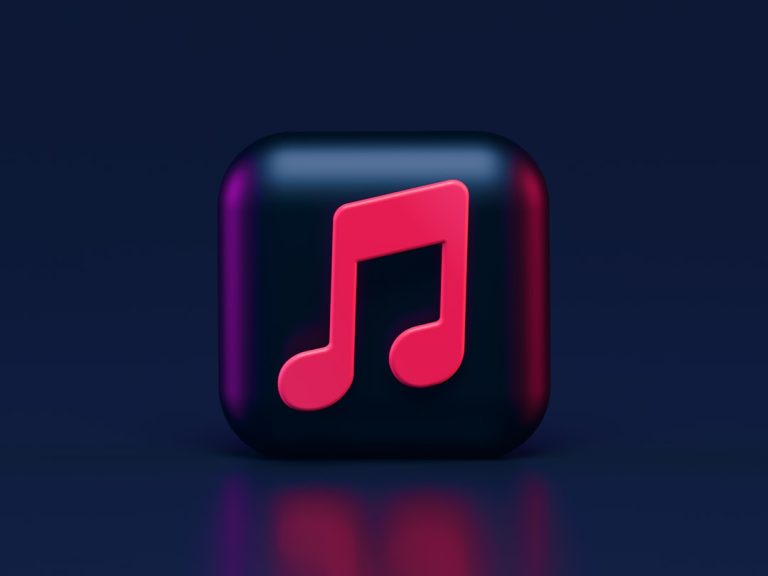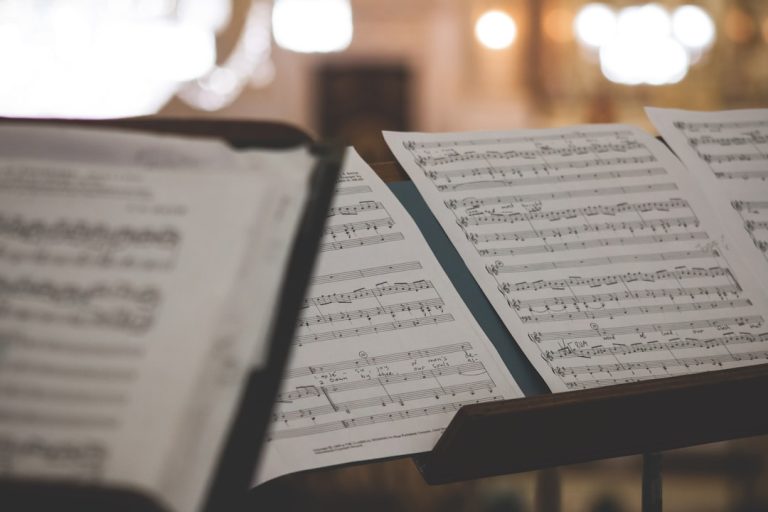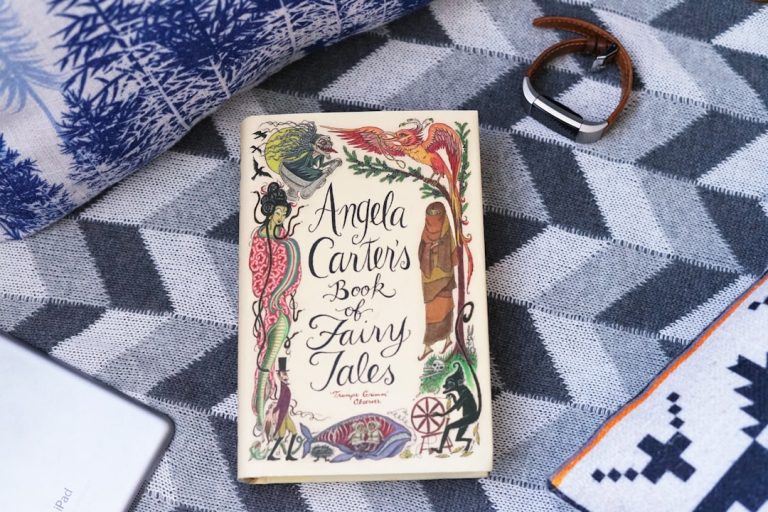
Music possesses a unique ability to evoke a wide range of emotions, often transcending the barriers of language and culture. From the melancholic strains of a classical symphony to the upbeat rhythms of pop, music can resonate deeply within us, stirring feelings of joy, sadness, nostalgia, or even anger. Research has shown that music activates the brain’s reward system, releasing dopamine, a neurotransmitter associated with pleasure.
This biochemical response explains why a particular song can transport us back to a specific moment in time, triggering memories and emotions that we may have thought long forgotten. For instance, hearing a love song from our youth can bring back vivid recollections of first loves and heartbreaks, illustrating how music serves as a powerful emotional time capsule. Moreover, the emotional impact of music is not limited to personal experiences; it can also foster collective feelings within communities.
National anthems, protest songs, and hymns have the power to unite people under a shared emotional banner, creating a sense of belonging and solidarity. The anthems sung during significant historical events often encapsulate the hopes and struggles of entire populations. For example, “We Shall Overcome” became an anthem for the Civil Rights Movement in the United States, embodying the collective yearning for justice and equality.
In this way, music not only reflects individual emotions but also amplifies communal sentiments, making it an essential part of human experience.
Key Takeaways
- Music has a profound emotional impact, evoking feelings of joy, sadness, excitement, and nostalgia.
- Music serves as a powerful tool for self-expression, allowing individuals to convey their emotions and experiences through lyrics and melodies.
- The healing power of music is evident in its ability to reduce stress, alleviate pain, and improve overall well-being.
- Music brings people together, fostering connections and creating a sense of community through shared experiences and common interests.
- Music has the ability to inspire creativity, motivation, and personal growth, serving as a source of inspiration in everyday life.
Music as a Tool for Self-Expression
Throughout history, music has served as a vital medium for self-expression, allowing individuals to articulate their thoughts, feelings, and identities in ways that words alone may fail to capture. Musicians often draw from their personal experiences to create songs that resonate with listeners on a profound level. For instance, artists like Taylor Swift and Eminem have built their careers on autobiographical storytelling, using their lyrics to explore themes of love, loss, and personal growth.
This form of self-expression not only provides catharsis for the artist but also creates a connection with audiences who may relate to similar experiences. In addition to established artists, everyday individuals utilize music as a means of expressing their identities and emotions. Platforms like TikTok and SoundCloud have democratized music creation, enabling anyone with a smartphone to share their musical creations with the world.
This shift has led to an explosion of diverse voices and genres, allowing marginalized communities to express their narratives through music. For example, the rise of genres like trap and reggaeton has given voice to artists from underrepresented backgrounds, showcasing their cultural heritage and personal stories. In this way, music becomes not just a form of entertainment but a powerful tool for self-identity and expression.
The Healing Power of Music

The therapeutic potential of music has been recognized across cultures for centuries. Music therapy is an established field that harnesses the power of music to promote healing and well-being. Trained therapists use music interventions to address physical, emotional, cognitive, and social needs of individuals.
For instance, patients recovering from surgery may listen to calming music to reduce anxiety and pain perception. Studies have shown that patients who engage with music therapy often experience shorter recovery times and improved overall health outcomes. Furthermore, music has been shown to have profound effects on mental health.
It can serve as a coping mechanism for individuals dealing with stress, anxiety, or depression. Listening to uplifting music can elevate mood and provide solace during difficult times. For example, many people turn to playlists filled with their favorite songs during moments of sadness or loneliness as a way to process their emotions.
The act of creating music—whether through playing an instrument or singing—can also be therapeutic, allowing individuals to channel their feelings into something tangible. This creative outlet can foster resilience and provide a sense of control in challenging circumstances.
Finding Connection Through Music
| Metrics | Value |
|---|---|
| Number of participants | 150 |
| Duration of event | 3 hours |
| Number of musical performances | 5 |
| Number of musical genres represented | 8 |
Music has an unparalleled ability to forge connections between people, transcending geographical boundaries and cultural differences. Concerts and festivals serve as communal experiences where individuals come together to celebrate their shared love for music. The collective energy felt in these spaces can create an atmosphere of unity and belonging.
In addition to live events, digital platforms have revolutionized how we connect through music. Streaming services allow users to share playlists and discover new artists from around the globe.
Social media platforms enable fans to engage with musicians directly, fostering a sense of intimacy and connection that was previously unattainable. The viral nature of songs on platforms like TikTok demonstrates how quickly music can bring people together around shared trends or challenges. This interconnectedness highlights the role of music as a universal language that fosters empathy and understanding among diverse groups.
Music as a Source of Inspiration
The inspirational power of music is evident in its ability to motivate individuals toward action or creativity. Many people turn to music for encouragement during challenging times or when pursuing personal goals. For instance, athletes often listen to high-energy tracks before competitions to boost their motivation and focus.
Songs with empowering lyrics can instill confidence and drive, pushing individuals to overcome obstacles in their lives. Iconic tracks like “Eye of the Tiger” by Survivor have become synonymous with determination and resilience. Moreover, musicians themselves often draw inspiration from various sources—personal experiences, societal issues, or even other art forms—to create impactful works.
The creative process is frequently fueled by the desire to inspire others or provoke thought. For example, Bob Dylan’s protest songs during the 1960s not only reflected his own beliefs but also inspired a generation to engage in social activism. Similarly, contemporary artists like Billie Eilish use their platforms to address mental health issues and advocate for change through their music.
This cyclical relationship between inspiration and creation underscores how music can serve as both a catalyst for personal growth and a vehicle for broader societal change.
Exploring the Cultural Significance of Music

Music is deeply intertwined with cultural identity and heritage, serving as a reflection of societal values and historical contexts. Different genres often emerge from specific cultural backgrounds, encapsulating the experiences and traditions of those communities. For instance, blues music originated from African American communities in the Deep South as a form of expression during times of hardship and oppression.
Its evolution has influenced countless other genres, highlighting how music can serve as both a historical record and a means of cultural preservation. Furthermore, traditional music plays a crucial role in rituals and celebrations across cultures. From wedding ceremonies to religious observances, music enhances these significant moments by providing emotional depth and resonance.
For example, the use of traditional instruments in Native American powwows not only showcases cultural heritage but also fosters community bonding through shared musical experiences. As globalization continues to shape our world, cross-cultural collaborations in music are becoming increasingly common, allowing for the blending of styles and traditions that enrich our global musical landscape.
The Role of Music in Mental Health
The relationship between music and mental health is complex yet profoundly impactful. Numerous studies have demonstrated that engaging with music—whether through listening or creating—can significantly improve mental well-being. For individuals experiencing anxiety or depression, music can serve as an effective coping mechanism by providing an emotional outlet or distraction from negative thoughts.
The rhythmic patterns and melodies can induce relaxation responses in the body, lowering stress levels and promoting feelings of calmness.
These communal experiences create supportive environments where individuals can share their struggles while engaging in a shared passion for music.
Research indicates that participation in such activities can lead to increased feelings of belonging and reduced symptoms of loneliness or isolation. As mental health awareness continues to grow globally, integrating music into therapeutic practices offers promising avenues for enhancing emotional resilience.
Using Music to Enhance Everyday Life
Incorporating music into daily routines can significantly enhance overall quality of life by enriching mundane tasks with joy and creativity. Many people find that listening to music while working or studying improves focus and productivity; certain genres—like classical or ambient—are particularly effective at creating conducive environments for concentration. Playlists tailored for specific activities can transform chores into enjoyable experiences; for instance, upbeat tracks can make cleaning feel less tedious while energizing workouts.
Additionally, creating personalized playlists for different moods or occasions allows individuals to curate their emotional landscapes actively. Whether it’s crafting a calming playlist for relaxation or an energizing mix for morning motivation, these musical selections can influence our emotional states throughout the day. Engaging with music actively—through singing along or playing instruments—can also foster creativity and self-expression in everyday life.
By recognizing the multifaceted role that music plays in our lives, we can harness its power to enhance our experiences and cultivate deeper connections with ourselves and others. In summary, the multifaceted nature of music encompasses emotional resonance, self-expression, healing potential, connection-building, inspiration, cultural significance, mental health benefits, and enhancement of daily life experiences. Each aspect underscores the profound impact that music has on individuals and societies alike, making it an integral part of the human experience across time and space.
If you are interested in exploring the deeper meaning behind music, you may want to check out the collection of ebooks available at Sersea Ink. These ebooks delve into the emotional and spiritual aspects of music, helping readers uncover the hidden messages and symbolism within songs. By analyzing song lyrics and stories, you can gain a greater appreciation for the power of music to convey complex emotions and universal truths. Visit Sersea Ink’s song lyrics section to start your journey towards finding meaning in music.
FAQs
What is the importance of finding meaning in music?
Finding meaning in music can provide a sense of connection, emotional release, and a deeper understanding of oneself and the world. It can also enhance the overall enjoyment and appreciation of music.
How can one find meaning in music?
One can find meaning in music by paying attention to the lyrics, the emotions conveyed in the music, the cultural or historical context of the music, and personal experiences and associations with the music.
Can different people find different meanings in the same piece of music?
Yes, different people can find different meanings in the same piece of music based on their individual perspectives, experiences, and emotional responses to the music.
What are some common themes that people find in music?
Common themes that people find in music include love, loss, empowerment, social issues, personal growth, and spirituality. These themes can resonate with listeners on a deep and personal level.
How does finding meaning in music impact mental and emotional well-being?
Finding meaning in music can have a positive impact on mental and emotional well-being by providing a sense of comfort, validation, and inspiration. It can also serve as a form of therapy and self-expression.






